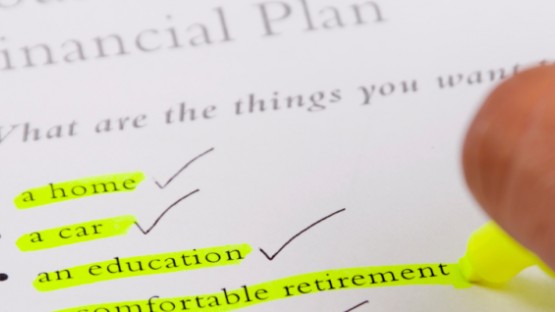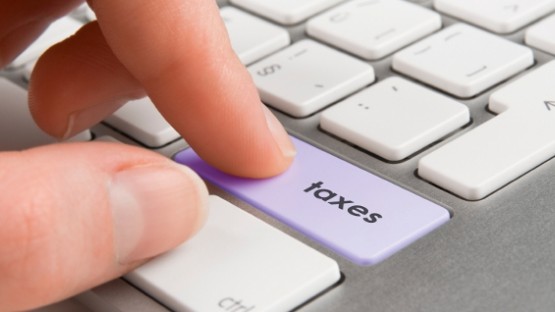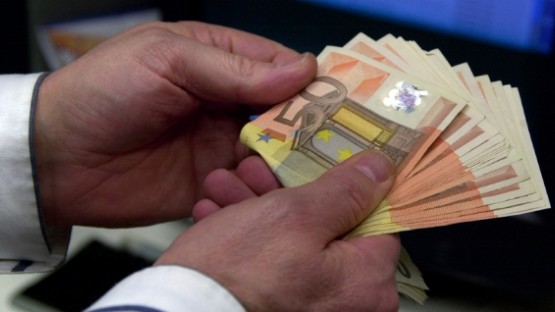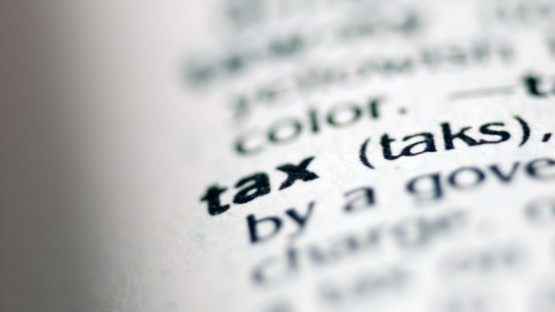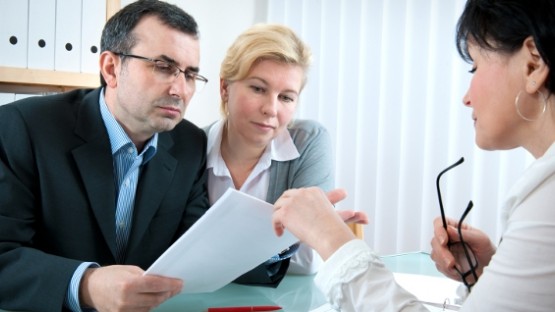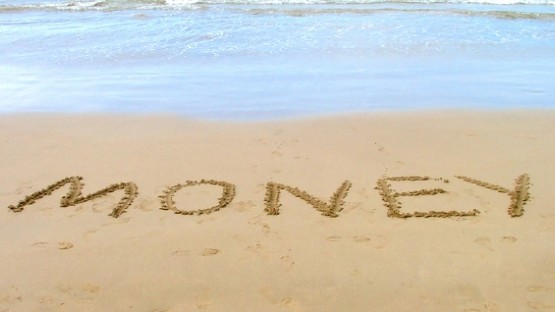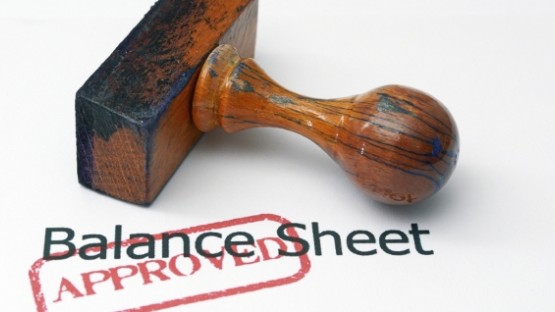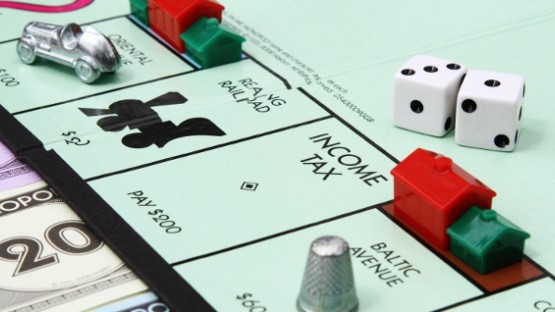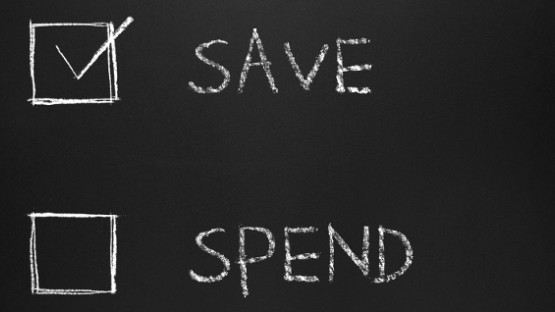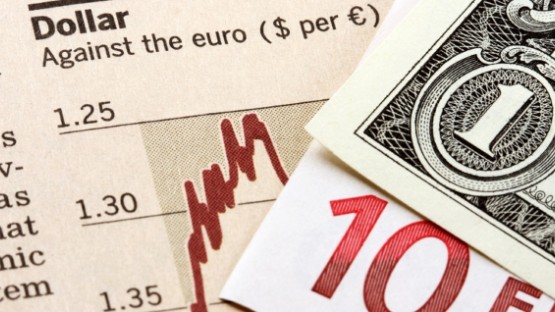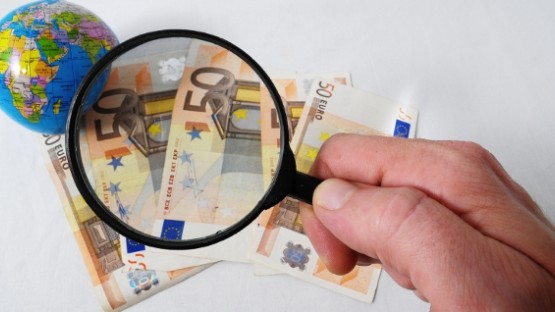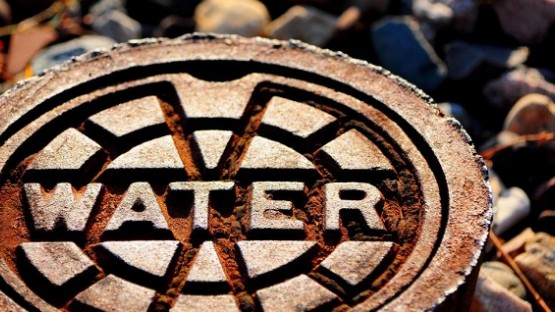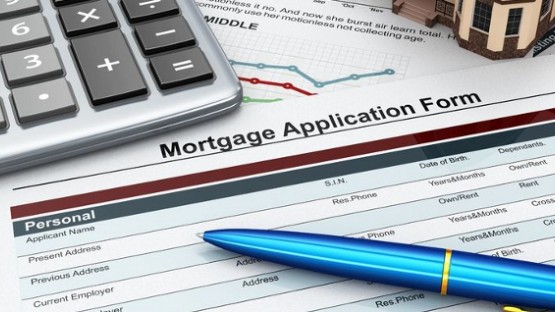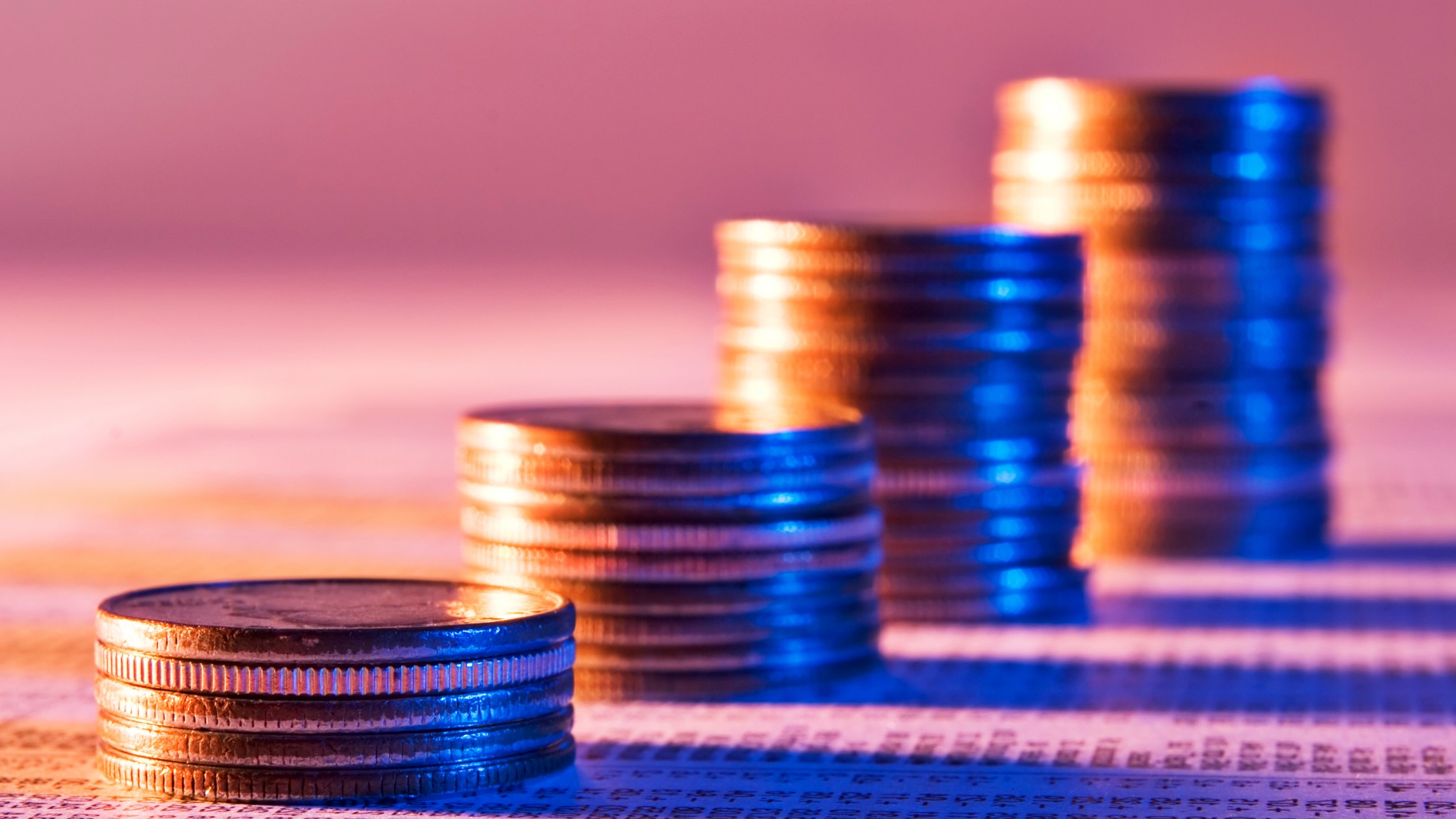
Looking for info on expat finance?
International Payment Methods
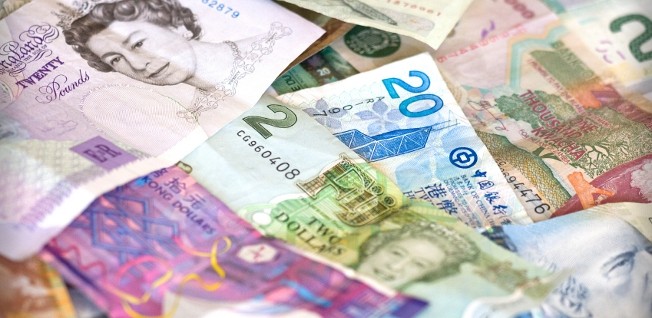
Credit, Debit, and Pre-Paid Cards
Many people, particularly those who are only traveling abroad for a short time, prefer to use their credit or debit cards for every purchase or payment. This does not come as a surprise as it is a convenient and widely accepted payment method. Credit cards, as we have mentioned on the previous page, are particularly popular for everyday purchases as well as visa or car rental fees. While some card types are accepted in almost every country, there might be cases when your credit card just won’t do the trick and you will need to get your hands on some cash instead.
For withdrawals from an ATM, debit cards are the preferred international payment method. Unlike with credit cards, you will not be charged interest if you withdraw money and the fees will be a lot lower, thus saving you a bundle. Pre-paid cards, on the other hand, are a safe alternative to traveler’s checks. You can only spend the money you have previously put on the card. The card itself can be replaced if you lose it and the money on it is protected. The advantage of pre-paid cards is that they are not linked to your bank account. Thus, the money on your account is always safe.
Traveler’s Checks
International traveler’s checks have been around for a while and are still a rather popular method of payment among travelers although they are a little outdated. They are available at your bank and at exchange bureaus, and come pre-printed with fixed amounts in all major currencies. They work like regular checks: write the name of the person or store you are paying on the check and sign it. You might be asked to show proof of identity, so it is important that you keep your ID or passport nearby.
On the upside, traveler’s checks are rather safe and allow you to bring enough of a foreign currency without actually carrying a lot of cash. In case of loss, your bank can quickly replace them. Unfortunately, traveler’s checks, or checks in general, are not a common payment method in every country. You may also have a hard time finding a bank willing to cash these checks unless you are a customer, thus requiring you to do a lot of leg work.
Buying Foreign Currency
Depending on where you travel or move to, the sentiment that cash is king might still ring true. In some countries, particularly smaller shops and restaurants will not accept credit cards or checks. Do some research beforehand to find out about the preferred payment methods and if it makes sense for you to exchange money before you embark on your journey. After all, planning ahead is key when it comes to buying foreign currency. That way, you will have enough time to figure out which bank or exchange companies can offer you the best deal. Try to avoid the so-called bureaux de change at airports. They usually offer very bad rates and charge 10%-15% in fees.
While cash is still the most reliable international payment method, it is also the one that’s least safe. If your money gets lost or stolen, there is only a very small chance to retrieve it. Even if you have taken out travel insurance, chances are that there is very limited coverage and the claims process will be rather slow.
To Sum it Up
- Not every country uses the same payment methods, thus research is key. Once you know which international payment methods are preferred, you can plan ahead.
- In any case, it makes sense to use a mixture of different payment types. That way, you will be prepared for every emergency.
- Know your fees! It will allow you to calculate the actual costs of your credit card purchases and international money withdrawals and help you avoid a rude awakening.
